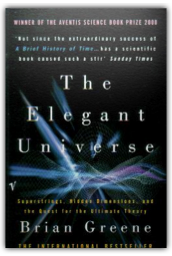
To write a book to explain in simple, non-mathematical terms what superstring theory is is not a simple task. In The Elegant Universe Brian Greene, a physicist who works in the area, does a very good job. Superstrings are a theory of particle physics that lays claim to being the ultimate "Theory of Everything", merging Einstein's relativity and quantum mechanics into an understanding of the physics of the very small and very large in the Universe. Hence to understand superstrings relativity, quantum mechanics have to be explained as well. In this Brian Greene does a very good job, giving one of the best explanations of relativity I have read in the process. Superstring theory is still very much in its infancy and The Elegant Universe does not claim that all the problems have been solved, in fact a point is made of pointing out all the present deficiencies of the theory. 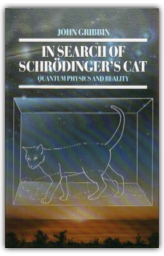
Part history book and part remedial physics text for those who lost interest when the equations started getting unintuitive, In Search of Schrödinger's Cat explains quantum physics in a way that's not only clear, but also enjoyable. 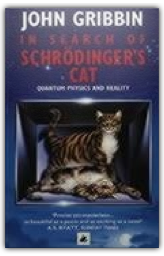
Part history book and part remedial physics text for those who lost interest when the equations started getting unintuitive, In Search of Schrödinger's Cat explains quantum physics in a way that's not only clear, but also enjoyable. 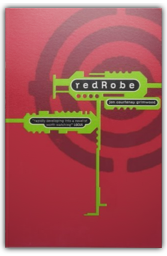
Another high-energy cyberpunk romp set in the alternative future of Jon Courtenay Grimwood's previous novel reMix. Here he pushes gore and mutilation to almost farcical extremes, with medical nanotechnology meaning that ghastly injuries aren't for keeps—one character loses both eyes but is soon painfully seeing again, if only in black and white. The back-story: Pope Joan looted the Vatican's riches for good causes before her assassination, and now the powerful, corrupt Cardinal of Mexico hopes to claw back the money. A top-class though emotionally wrecked professional killer becomes his emissary, hunting Joan's legacy on Samsara, the vast space habitat and prayer wheel which the Dalai Lama and a Buddhist-pacifist AI have established as the UN dumping-ground for all the world's refugees. Other characters include Pope Joan's former lover, a chatty AI built into an advanced handgun, a Japanese child prostitute into whom some remnant of Joan has been downloaded, an illegal warrior clone, and a bunch of military "PaxForce" heavies whose sadistic female leaders defMoma and momaDef provide more tasty torture scenes and weird capitaLisation. Grimwood drives his story at unrelenting speed, with bursts of extreme violence disguising the less logical leaps, while literal background music plays in the wired-up assassin's head. Dizzying, gruesome and slightly tongue-in-cheek action. —David Langford 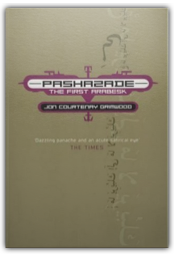
Ashraf Bey is not who he seems—a rich Ottoman aristocrat to whom the Iskandryia of a rather different 21st century is more or less his oyster—nor is he simply what he thinks he is—a minor street criminal shipped off to North Africa when he fell foul of his employers. Accused yet again of murders he did not commit, he finds out on the run that he is better than he thinks he is—smarter and more capable and also someone whom people trust and love. 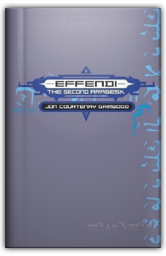
Effendi is as impressive as Pashazade, Jon Courtenay Grimwood's first novel of crime and punishment in an alternate-world Alexandria. Now the chief of police of El Iskandryia rather than a hunted fugitive seeking refuge there, the electronically and otherwise augmented Ashraf finds himself investigating both terror attacks against tourists and charges of long-ago crimes against humanity levelled against Hamzah, the man whose daughter he might have married. With the help of his equally odd and talented niece, the child Hani, Ashraf pursues his own unorthodox investigatory methods and his own social and political agendas; he is sympathetic neither to the elite who suck the blood of his city nor to the fanatics who seek to replace them. His and Grimwood's city is a place where past and future meet—where mediaeval barbarism and high-tech go hand in hand and every so often the reader is brought face to face with the ways in which this world is both the same as our own and radically different. Grimwood effortlessly plays by several sets of rules at once and is as accomplished a thriller writer—doing noir as well as he does courtrooms—as he is as a writer of his own, sometimes quite strange, brand of commercial SF. —Roz Kaveney 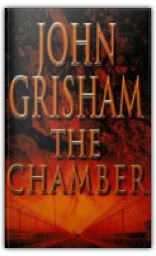
At first listen, the narration of this abridged version of John Grisham's The Chamber seems flat and uninvolved. But Michael Beck has chosen his vocal style well, purposely eschewing unnecessary adornment and allowing this searing indictment of racism and murder to unfold on its own terms. Beck uses character voices sparingly, adding subtle emphasis to the already charged plot. The story begins with a Klan-sponsored bombing and then traces a trail of rigged acquittals stretching over three decades, until a young lawyer with secrets of his own brings the case to a powerful conclusion. —George Laney Amazon.com 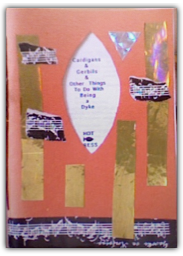
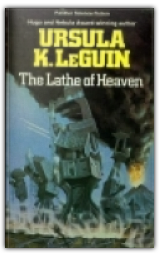
First published in 1971, Ursula Le Guin's SF novel The Lathe of Heaven combines a sheaf of future possibilities—including an early evocation of global warming—with a parable about wishes that has the terrible clarity of a fairytale. |
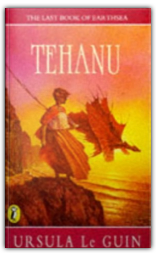
Ursula K. LeGuin follows her classic trilogy from Earthsea with a magical tale that won the 1991 Nebula Award for Science Fiction. Unlike the tales in the trilogy, this novel is short and concise, yet it is by no means simplistic. Promoted as a children's book because of the awards garnered in that category by her previous work, Tehanu transcends classification and shows the wizardry of female magic. The story involves a middle-age widow who sets out to visit her dying mentor and eventually cares for his favourite student. 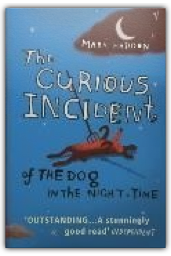
The title The Curious Incident of the Dog in the Night-time (or the curious incident of the dog in the night-time as it appears within the book) is an appropriate one for Mark Haddon's ingenious novel both because of its reference to that most obsessive and fact-obsessed of detectives, Sherlock Holmes, and because its lower-case letters indicate something important about its narrator. 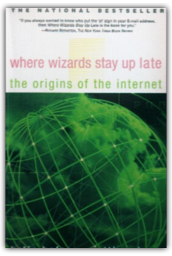
Considering that the history of the Internet is perhaps better documented internally than any other technological construct, it is remarkable how shadowy its origins have been to most people, including die-hard Net-denizens! 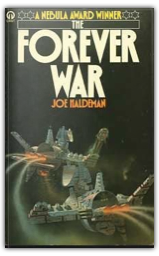
"Today we're going to show you eight silent ways to kill a man." The first line of this 1974 sf war story still grabs hard: The Forever War, winner of both Hugo and Nebula awards, is a fine choice to launch Millennium's "SF Masterworks" series of classic reissues. Future soldier William Mandella's service in the interstellar "Forever War" chillingly echoes Vietnam, where Joe Haldeman was severely wounded and won the Purple Heart. Afterwards, many real-life veterans found themselves distanced and alienated from US society: thanks to starflight's time dislocations, Mandella returns from weeks or months of combat duty to an Earth which after centuries of change is no longer his home. Though armed with increasingly futuristic weaponry—laser fingers, nova bombs, stasis fields—the infantry still suffers the long agonising waits, the sudden flurry and horror of battle, the shock of loss in a futile war without glory or glamour. But there's still room for tenderness, and for a satisfying ending as the cruel equations of relativistic time finally work in Mandella's favour. Incidentally, this is the first full British edition. When The Forever War was serialised, the magazine editor vetoed one section; it was omitted from the 1974 novel and is now restored. Highly recommended. —David Langford 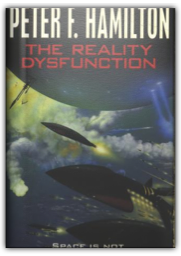
The term "space opera" has evolved over the decades. Originally it meant "hacky, grinding, stinking, outworn, spaceship yarn" (Wilson Tucker), but since then it has come to be (slightly) less pejorative, encompassing any sci-fi action story on an interplanetary or interstellar scale. The Reality Dysfunction rests firmly in the space- opera camp with its intense starship combat, roguish space captains and raw frontier planets, but Peter Hamilton keeps the formula fresh and up-to-date with an infusion of "modern" science fiction technology. His universe is digitally and nanotechnologically savvy, which opens up plenty of possibilities for new perils and plot twists. 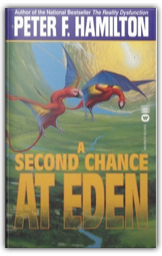
This is Hamilton's first collection of short stories (including one novella), set in the same universe as the bestselling Night's Dawn trilogy. Actually, as Hamilton himself admits, the original versions of these stories had nothing to do with Night's Dawn, but he has used the opportunity of this collection to tweak (or almost completely rewrite) all his earlier works and bring them in line. This process seems to affect most sci-fi novelists at some point in their careers and is probably a cathartic milestone in the transition from new sci-fi author to bestselling author. 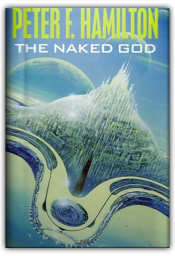
Peter F. Hamilton's Night's Dawn trilogy—The Reality Dysfunction, The Neutronium Alchemist and now The Naked God—is ambitious in its galaxy-wide, multiple viewpoint plot, its political and metaphysical subject-matter, its sheer three-thousand page scope. The damned have broken out of the afterlife and possessed whole planets; a gallant and untrustworthy space captain is haring off after alien sorts; and for the resurrected Al Capone, the secret masters of Earth and the government of the human Confederacy, it is business as usual... Hamilton's super-charged villain, Dexter Quinn, arrives on the home planet of humanity with a mission—to convert enough people to his Satanist creed that Earth can be taken out of the universe altogether; "Quinn raised an arm, his sleeve falling to reveal an albino hand with grizzled claw fingers. Three thin streamers of white fire lashed out from the talons, searingly bright in the gloomy, smoke-heavy air." The many fans of Hamilton's high-octane gloomy space opera will find this finale a worthy successor, and thrill to its many surprises; Hamilton's evocation of the depths of space and the strangeness of alien races has rightly won him much praise. A certain moral ambiguity has also crept in to what was at first a black and white universe—some of the returned damned are heroic and compassionate, and many of the living are not as nice as all that. —Roz Kaveney 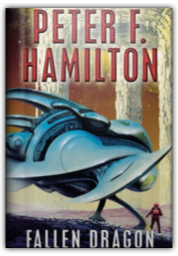
The acclaimed Peter Hamilton's standalone SF adventure Fallen Dragon sees him taking a breather after the immense, galaxy-spanning Night's Dawn trilogy, with a tauter story of future skirmishing in a mere few solar systems. 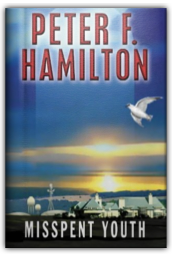
Peter Hamilton is famed for SF blockbusters of far-future interstellar adventure. By contrast Misspent Youth is a social comedy set in the year 2040 in England. When gene therapy rewinds Jeff Baker's age back to his early 20s he finds that wisdom and experience are no match for hormones... |

Mike Scott
Collection Total:
4227 Items
4227 Items
Last Updated:
Feb 21, 2010
Feb 21, 2010
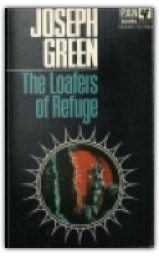

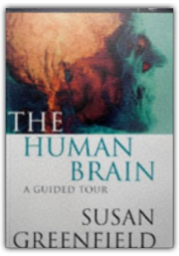
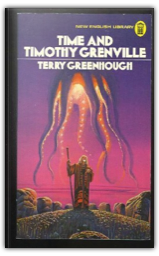
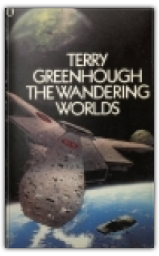

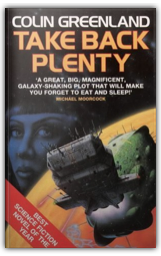
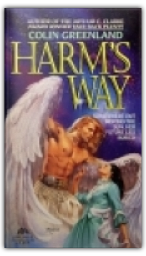

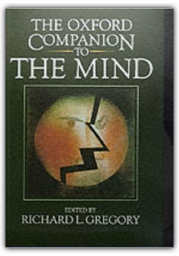
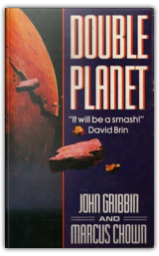
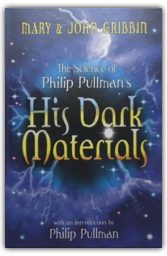


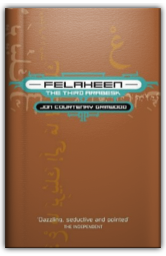
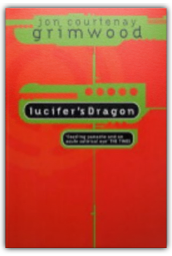


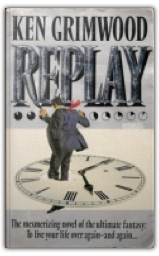
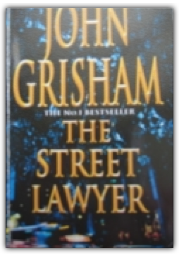
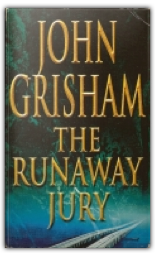
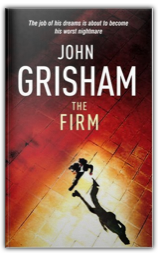
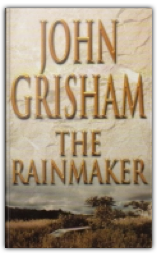
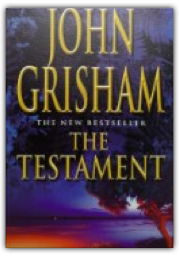
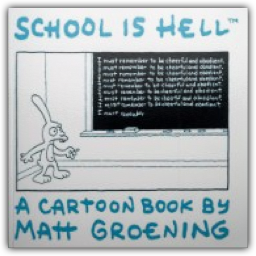
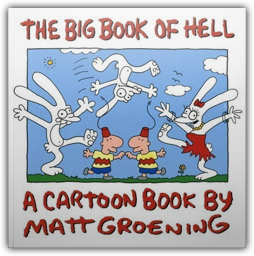
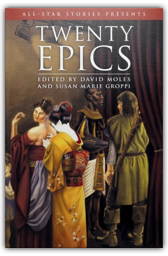
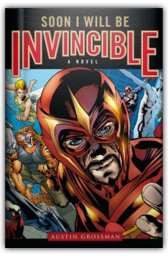
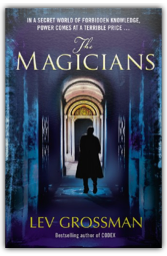
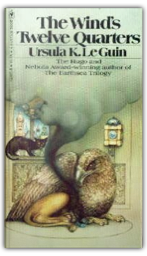
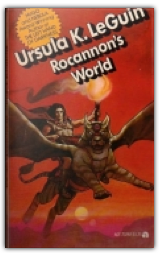
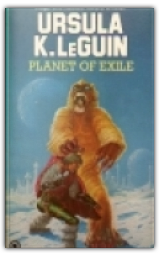
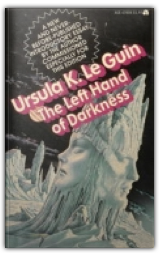
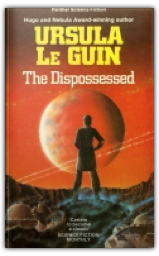
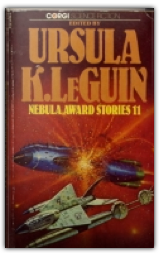
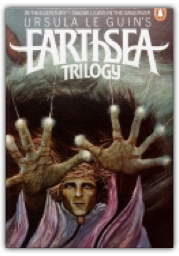
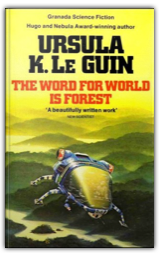
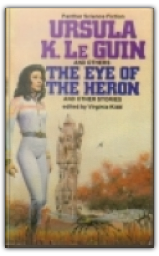
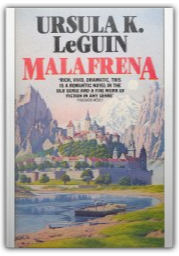
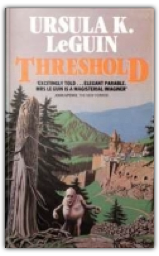
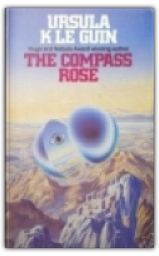
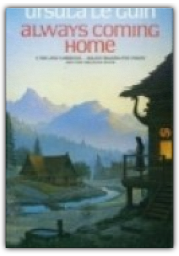
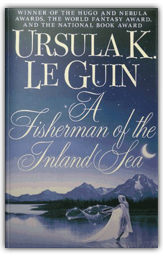
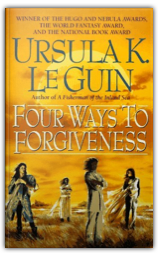
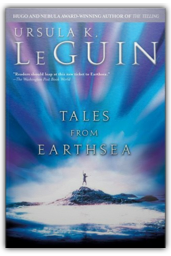
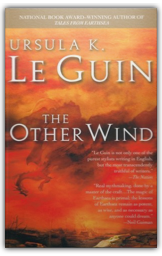
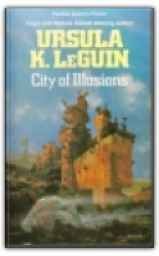

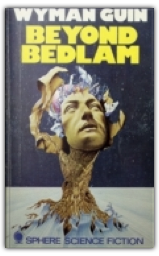

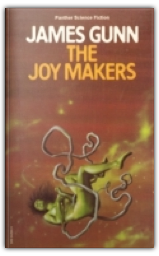
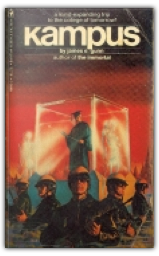

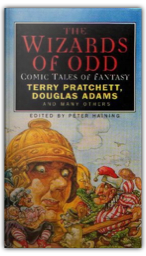
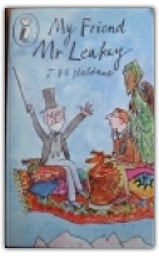
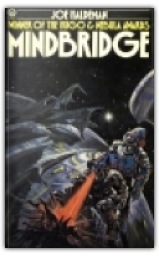

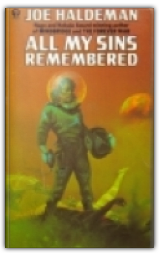
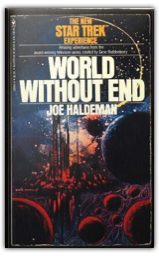
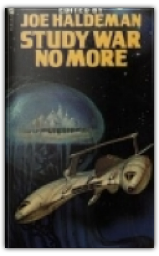
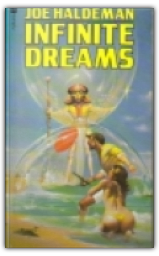
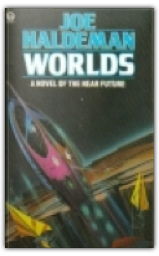
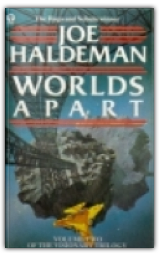
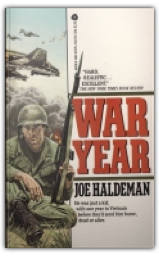
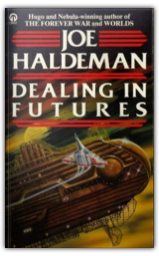
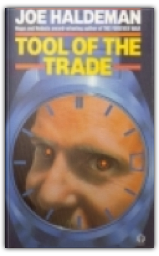
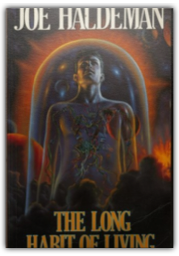
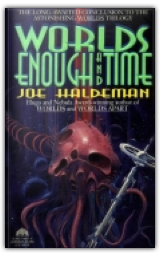
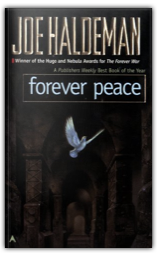
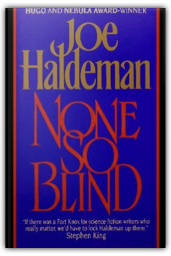
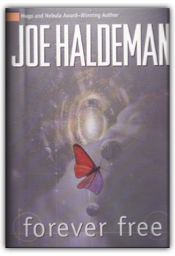
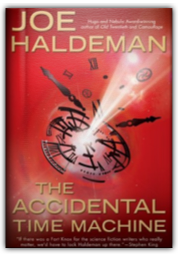
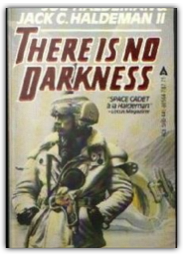

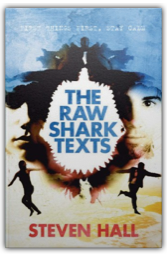

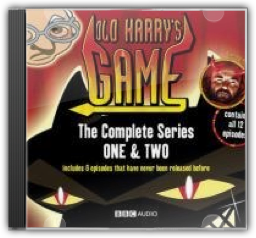
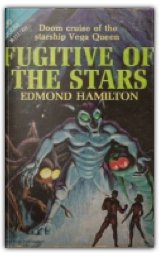
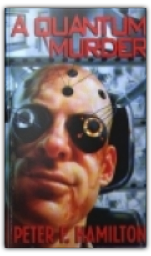
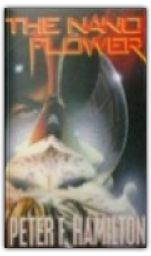
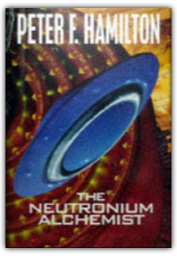
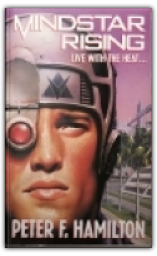
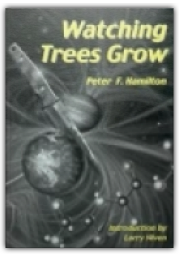
 Made with Delicious Library
Made with Delicious Library